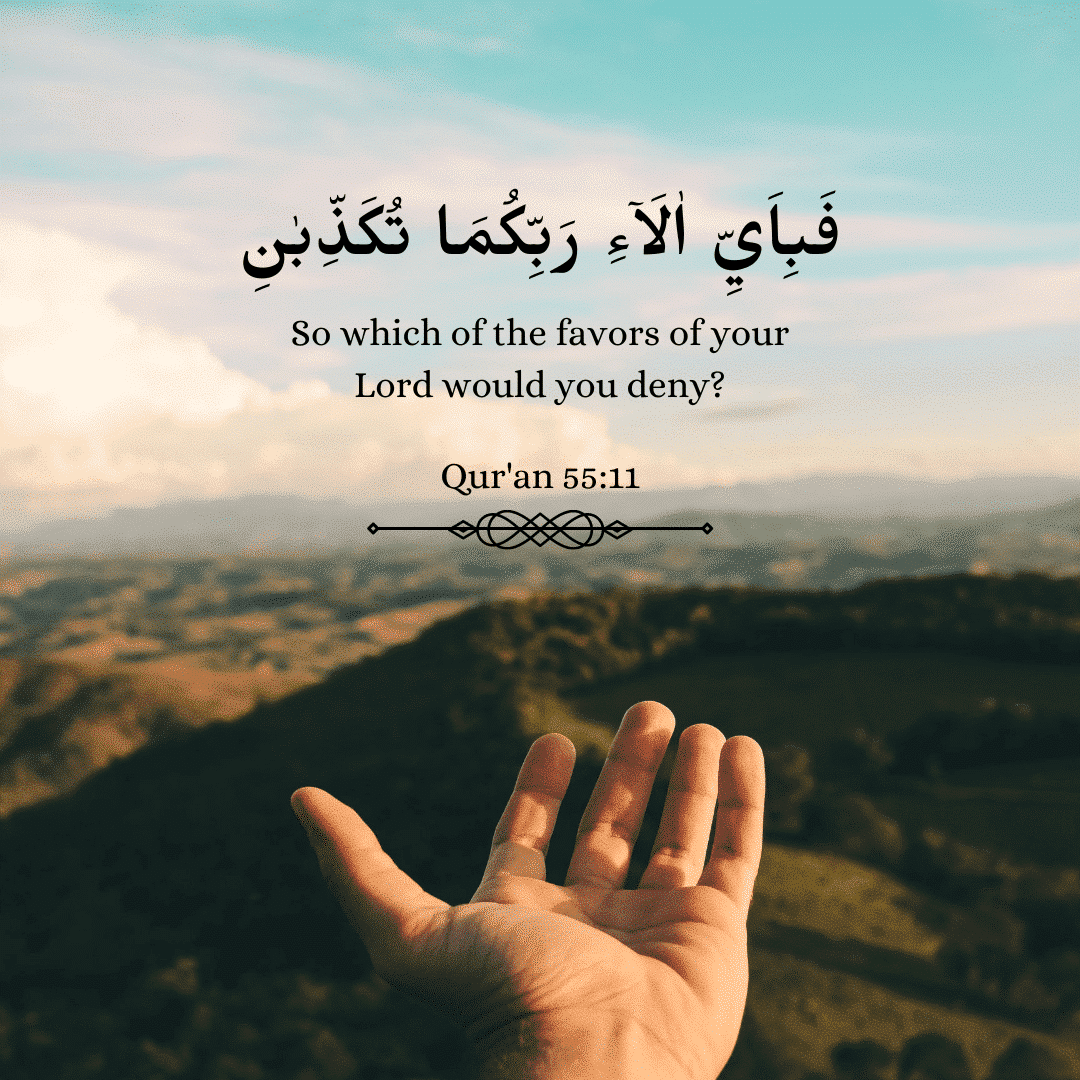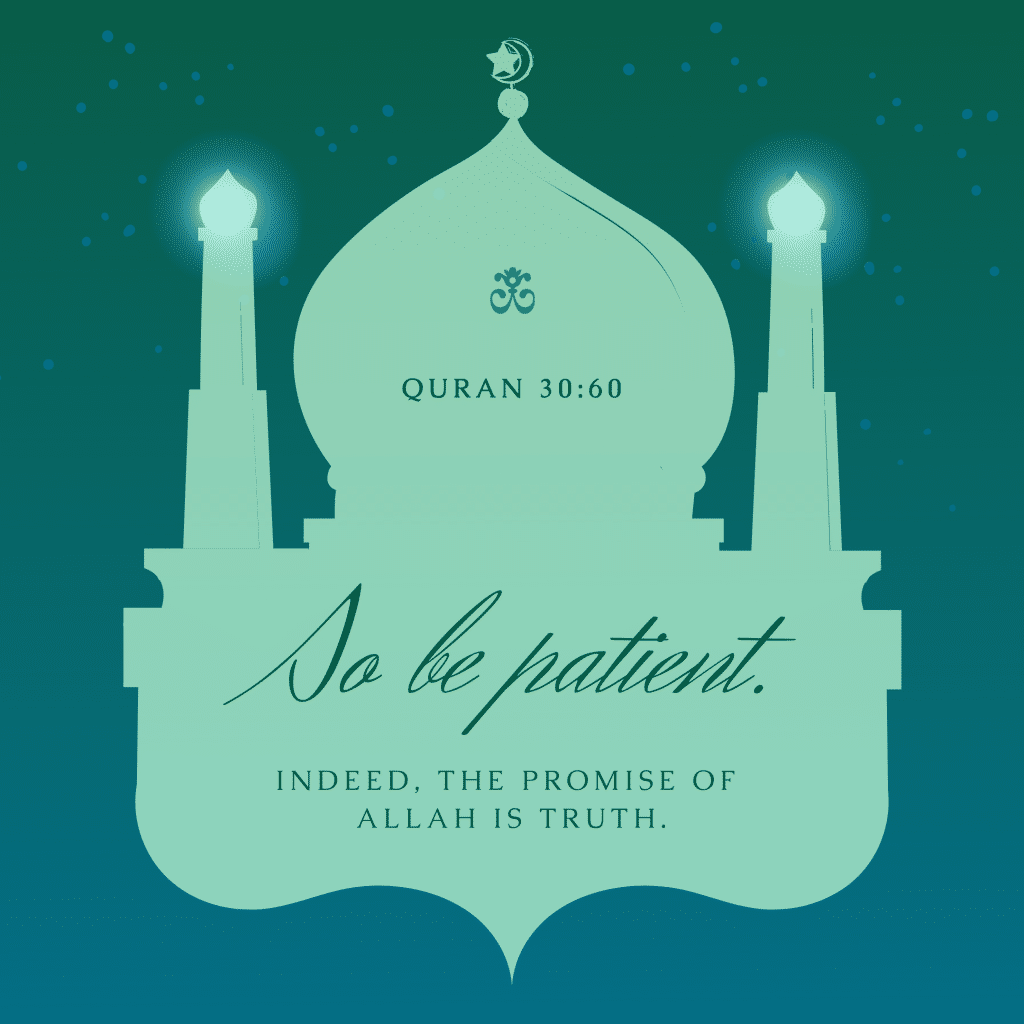Has the Quran been changed? No, it hasn’t changed in a long time and won’t change in the future. This is the basis of our discussion here. Let’s find out more about it by looking at this topic.
Has the Quran been changed?
Has the Quran been changed, and is our answer about that?
Whenever the Prophet had a revelation, he would gather his colleagues and tell it to them, with each companion writing it down on a piece of paper or a tablet-like rock.
Now, if you look at history closely, you’ll notice that Prophet would always ask his companions to recite a verse at random, or he would speak a poem to them, ensuring that the passage was not only written down but also learned by heart.
And when the Prophet was alive, one of the people who compiled the Quran was his cousin and son-in-law Imam Ali (peace be upon him).
Has the Quran been changed?: The Truth
Some individuals claim that there were numerous versions of the Quran, but how can there be different Qurans if everyone penned the same verse and spoke the same verses?
To illustrate that the Quran is not a revelation, it is a fabrication and concatenation.
When I mentioned that the Prophet would ask all of his companions to write down the passage.
I didn’t mean that he would recite it; he would show them how to write each letter and even place a complete stop.
The Prophet had no formal education and had never attended school or learned to write or read, but Allah declares in the Quran:
“Nor does he speak from [his own] inclination. It is not but a revelation revealed. One Mighty taught him in Power” [Quran 53:3-5].
“Certainly did Allah confer [great] favor upon the believers when He sent among them a Messenger from themselves, reciting to them His verses and purifying them and teaching them the Book and wisdom, although they had been before in manifest error. [Quran 3:164].
These verses state that Allah gave the Prophet his wisdom and knowledge, which included understanding the Arabic language.
As a result, many Qurans have never been produced, and what you see now is identical. One Quran has always existed.
Is it possible to interpret the Quran?
After we looked at the answer, Has the Quran been changed? It’s time to ask another question:
Is it possible to interpret the Quran?
The Quran, according to Muslim scholars, cannot be translated.
This viewpoint violates Christians’ belief that the Bible is the Bible regardless of the language in which it is written.
According to Professor Murata and Chittick, he explains:
The Quran cannot be translated according to Islamic belief.
This means Allah revealed it in Arabic, and the Arabic language is the substance of his words.
According to academics, one cannot speak of the incarnation, which is the enfleshment of the word, in Islam, but instead of emancipation, which is the embodiment of the word.
In Islam, the word did not become flesh; instead, it became a book, later multiplied into innumerable libraries.
However, this spirited Book was not written; instead, it was spoken, and a recited text is embodied inside humans.
The recitation’s sounds and rhythms directly impact the human body.
Has the Quran been changed? How Can We Be Sure the Quran Hasn’t Been Changed?

One of the most important revolutions in modern history was the waking of Europe from the Dark Ages and the ensuing intellectual enlightenment of the 1600s-1800s.
It introduced a commitment to empirical research, critical thinking, and intellectual conversation to Europe.
Much of this was brought through Muslim entry sites into Europe, such as Spain, Sicily, and Southeast Europe, from the Muslim world’s intellectual heritage.
This surge of intellectual activity paralleled a time of European colonization and imperialism in the Muslim world.
European nations such as England, France, and Russia gradually captured and divided parts of the Muslim world.
As a result of the intellectual enlightenment and empire over the Muslim world, Europeans began to critically investigate Islam, its history, beliefs, and teachings.
Orientalism is the name given to this movement.
One of Orientalism’s most serious flaws is its study of Islamic history in European terms, ignoring decades of scholarly effort by great Muslim minds since the Prophet Muhammad PBUH.
And in the context of talking about Has the Quran been changed?
The European study of the Quran’s roots was one of the most harmful parts of Orientalism, but this belief is wrong.
Because it is widely known that both the Jewish Torah and the Christian New Testament have evolved through time, European scholars incorrectly assumed the same was valid with the Quran.
Their attempts to prove that the Quran has been tampered with and is no longer authentic resulted in questionable studies and publications of poor scholarly merit.
This article will examine the Quran’s origins, transmission, and compilation to explain why Muslims believe the Quran copies they have in their homes contain the exact words Prophet Muhammad PBUH gave in the early 600s AD.
Has the Quran been changed? The Duty to Protect
Muslims believe that Allah has vowed to safeguard the Quran from the changes and errors in previous holy writings. In Surat al-Hijr, verse 9, Allah says in the Quran:
إِنَّا نَحْنُ نَزَّلْنَا الذِّكْرَ وَإِنَّا لَهُ لَحَافِظُونَ
“Indeed, it is We who sent down the Quran, and indeed, We will be its the guardian.”
For Muslims, this passage of Allah’s guarantee is enough to know that the Quran will be safe from faults and changes over time.
However, for those who do not believe in the Quran’s authenticity in the first place.
This verse cannot confirm its legitimacy, given it is found in the Quran itself. It is at this point that the scholarly debate begins.
To summarise the principle of topic: Has the Quran been changed?, Orientalists’ assertions that the Quran, like the Bible and Torah, has been modified over time are patently false.
There is no proof that the Quran has changed, and efforts to demonstrate it are based on elementary and uninformed understandings of the Quran’s history.
Read More: How many pages in Quran? Let’s know



